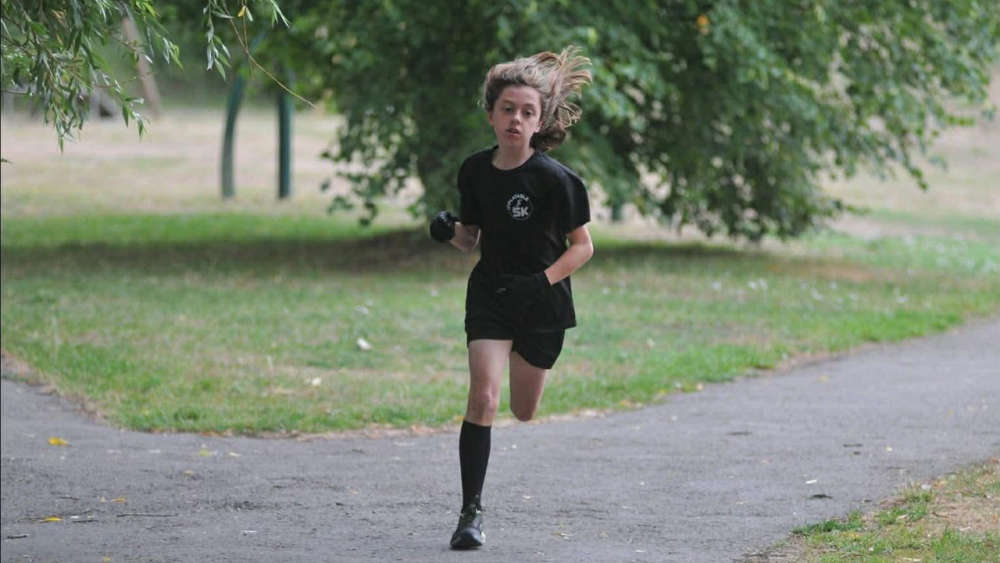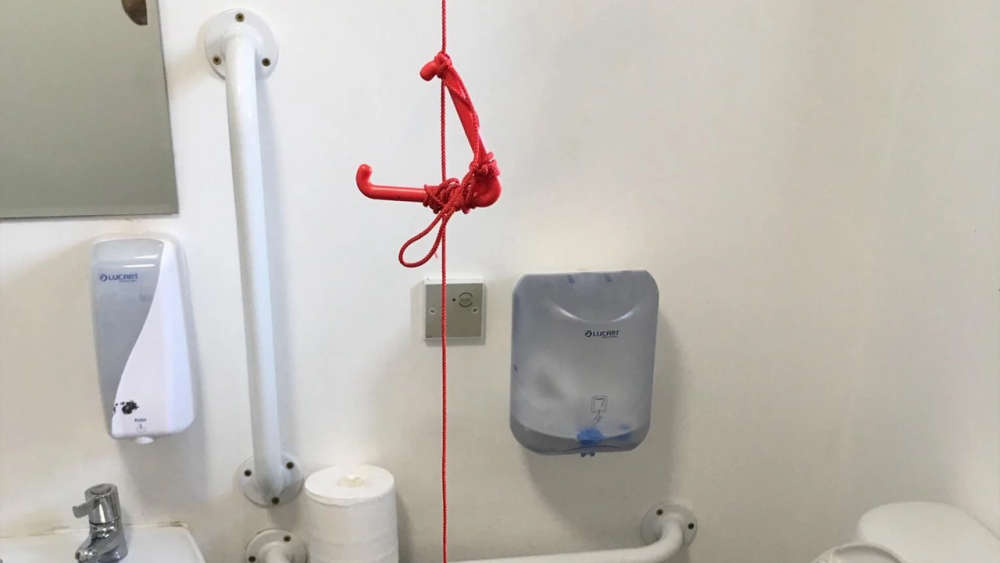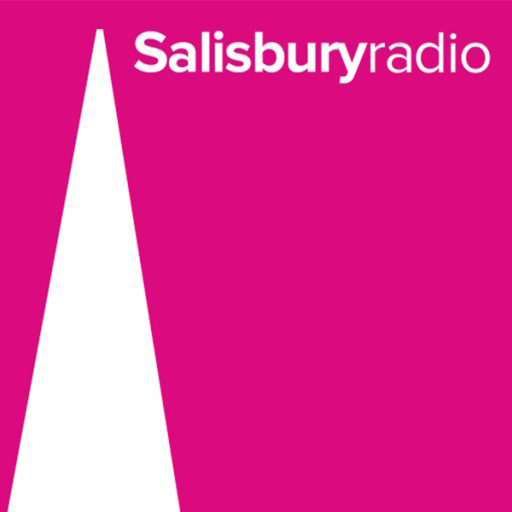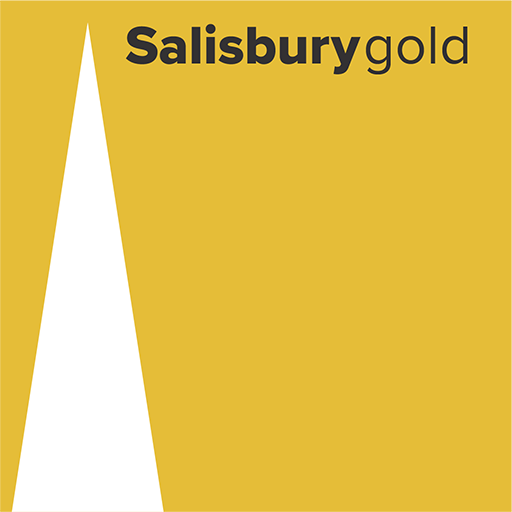Last week the government officially lifted the pause on shale gas extraction and announced it will consider future applications for Hydraulic Fracturing in a bid to increase home-grown sources of energy.
Hydraulic fracturing, also known as fracking, is a drilling technique used to extract petroleum (oil) or natural gas from rock formations by injecting fluid at high pressure.
What impact does fracking have on the environment?According to Greenpeace, fracked fuels can be even more damaging to the climate than regular oil and gas.
“Fracking uses more energy to extract gas than conventional oil and gas, and fracked gas appears to leak more into the atmosphere.
“It risks causing air, water and sound pollution. It uses toxic chemicals where regulation may not be adequate. An accident could mean that these chemicals leak into water supplies or cause pollution above ground."
However, the UK government say that "the health, safety and environmental risks associated with hydraulic fracturing as a means to extract shale gas can be managed effectively in the UK as long as operational best practices are implemented and enforced."
On top of all this, Greenpeace says, “Fracking won’t even bring down our energy bills because the way the energy market works means any gas from fracking will be sold to the highest bidder, which won’t help reduce bills.”
As reported in The Guardian, there are 151 petroleum exploration and development licences that have been already granted that would allow companies to pursue fracking.
Nearest to Salisbury, those sites include five locations in Winchester, Hampshire and nine blocks of land in Dorset.
Speaking to Love Salisbury, local MP John Glen confirmed that there are no sites in Wiltshire being considered for fracking.
“I am pleased that there will be no options for fracking in Wiltshire and I am pleased that any potential development elsewhere will not come before a review and will need to rely on local consent.”
Local responses from the council and environmental groupsSharing his views on the central government's decision to use fracking as a means of home-grown energy production, Richard Clewer, Leader of Wiltshire Council and Minister for Climate Change said, “If you look at the paths to net zero, we're still going to be using fossil fuels, all be it in decreasing amounts, for some time to come.
“However, there's already more gas production than we need if we're going to get to the 2045/2050 targets. So adding more gas production, I'm not sure it makes sense.
“I think it's a retrograde step to look at additional fracking at this point because it just isn't going to operate for long enough before we're going to need to be shifting onto something else.”
For Richard, if the UK is serious about achieving net zero carbon emissions by 2045 or 2050 there need to be clear plans.
“I constantly called on the government to set out clear pathways. I’d rather we were making all housing zero carbon now. We're building council housing that's that zero carbon so I don’t know why we can't flip the entire house building industry over and actually make some headway.
“Simplistic answers to complex problems don't help. We need long-term strategic direction from government about how we as a country get there, no matter which party is in power.”
Mike d’Apice, speaking on behalf of Salisbury Wildlife Group explained how this decision from the Government goes against the UK's commitment to the 2015 Paris Agreement.
Mike said, "The UK, through Alok Sharma MP is still President of COP26, handing over to Egypt in November. The UK signed the 2015 Paris Agreement at COP 21 which committed signatories to keep warming below 2°C, later amended to 1.5°C. This required, if started in 2020, a 75% reduction in annual emissions by 2030.
"Instead, a new record high was set in 2021 and 2022 is on track to match or exceed it. Hence rather than exploring for and developing additional fossil fuel resources existing ones should be shut down.
"So what for Wiltshire and Salisbury? Locally we will experience wetter winters and dryer summers and already see the arrival of Little Egrets and other species whose range is expanding northwards. The places these are arriving from are increasingly no longer habitable for their current wildlife or plants, including crops that we import. Their loss is not simply our gain but the first step to a far greater global loss that will eventually impact our local wildlife and population far more severely than sunnier summers and wetter winters.
"Resuming ‘fracking’ instead of expanding solar PV and other renewables will exasperate not mitigate the problem, albeit the British Geological Survey and leaders in the field believe it will not be economically or practically viable!"
A spokesperson for Extinction Rebellion Salisbury said, "Reintroducing fracking is a cynical move that will do nothing to improve life for people in South Wiltshire or our beleaguered wildlife.
"It is expensive, polluting and causes potentially damaging earth tremors - and it won't reduce escalating energy bills any time soon. Blasting toxic chemicals into the rock is of particular concern in this area, as up to 80% of our water comes from groundwater sources.
"This government appears to be hellbent on increasing greenhouse gas emissions and driving global heating to ever more dangerous levels. We urge local people to join the many actions taking place during October to send a clear message to our leaders: insulating homes and investing in renewable energy makes sense for both consumers and the planet."
Bill Jarvis of Wiltshire Climate Alliance added, "Wiltshire is a very sensitive geological area and fracking will just destroy that. On top of that fracking is complete nonsense because this non-conventional method of extracting gas is economically, geologically and environmentally ridiculous.
"The fracking companies will make a lot of money out of it as gas prices are so high but the benefit to us is zero. Renewables are nine times cheaper than gas and we are blessed with solar and wind in Wiltshire and tidal in the southwest so there are lots of other ways of getting our energy now."
Do you have thoughts or concerns about fracking that you'd like to share with Love Salisbury? Write to us at hello@lovesalisbury.co.uk.

 Song for Christmas Champions 2025 Crowned
Song for Christmas Champions 2025 Crowned
 Young Gallery launches contemporary art exhibition showing works by Group 7
Young Gallery launches contemporary art exhibition showing works by Group 7
 Candlelight concert by David Owen Norris comes to Salisbury Cathedral this January
Candlelight concert by David Owen Norris comes to Salisbury Cathedral this January
 12-Year-Old Salisbury Boy Reaches 250th parkrun Milestone
12-Year-Old Salisbury Boy Reaches 250th parkrun Milestone
 DIGS Launch 'Red Cord Campaign'
DIGS Launch 'Red Cord Campaign'
 St Thomas's Donate Thousands to Local Charities Raised by Christmas Tree Festival
St Thomas's Donate Thousands to Local Charities Raised by Christmas Tree Festival
 Our Local GPs have some of the Fastest Response Rates in the Country
Our Local GPs have some of the Fastest Response Rates in the Country
 Panto stars bring festive joy to patients at Salisbury Hospital
Panto stars bring festive joy to patients at Salisbury Hospital










